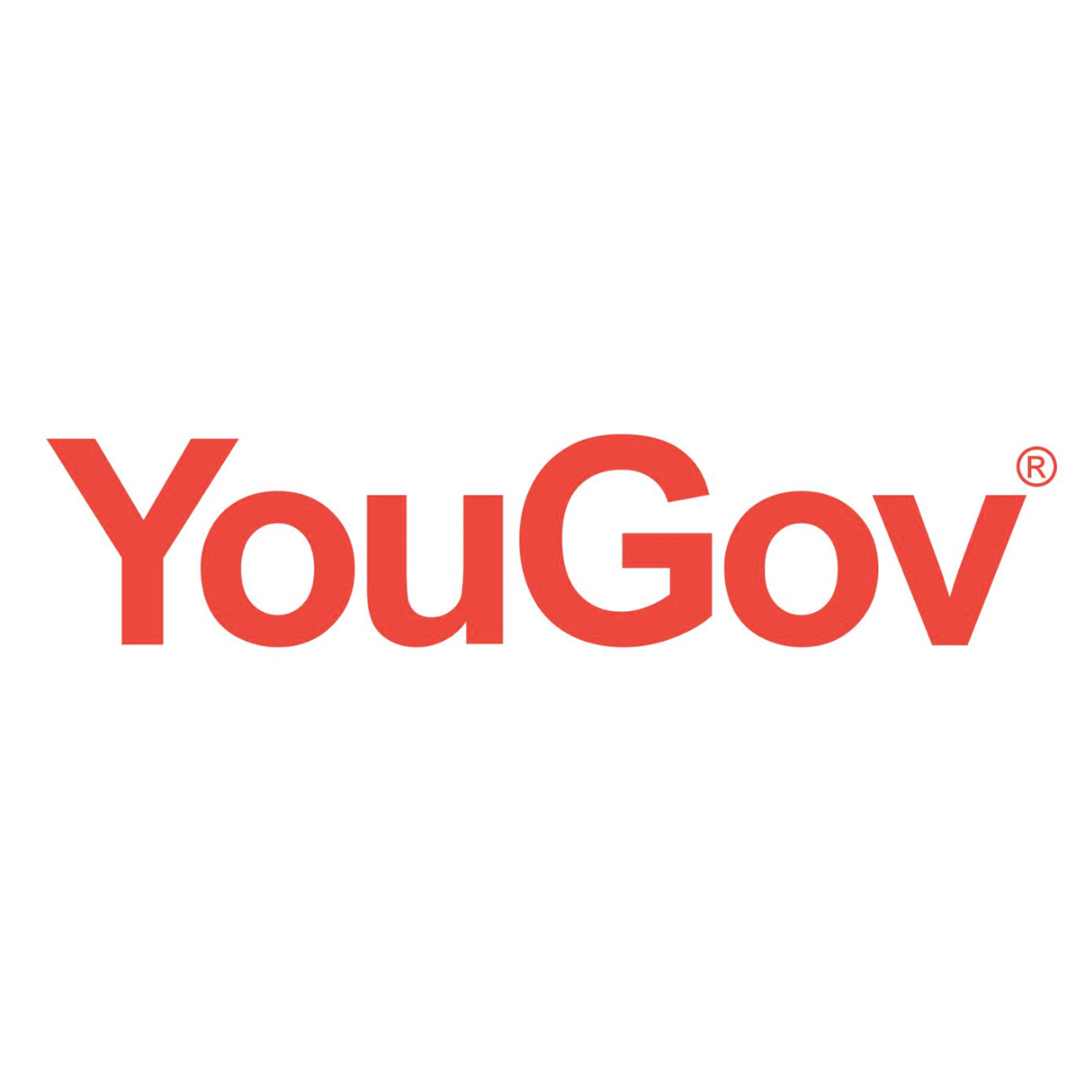The Covid-19 pandemic has been an evolving crisis – and public opinion evolved with it.
Since the onset of the situation earlier this year, YouGov has been gathering information to better understand the virus. Its recent webinar, hosted by Will Ullstein (Commercial Director, UK) and Amelia Brophy (Head of Data Products, UK), used behavioural, tracker, and public monitor data to explore how attitudes have changed as lockdown restrictions have eased and retailers have reopened their doors.
The session revealed that most people in the UK think the Covid-19 situation is getting better – with some important caveats.
Firstly, the proportion who think the crisis has improved has fluctuated somewhat: while three quarters (76%) said so on May 27th, this declined to 64% by June 3rd before climbing back up to 71%. And while there’s still a clear majority who think the Covid-19 situation is getting better, they aren’t necessarily crediting the Government for it.
Although seven in 10 (72%) said the Government was handling the pandemic well around the beginning of lockdown (March 26th), this fell to four in ten (40%) by June 10. The proportion who think the Government has handled Covid-19 badly rose from 21% on March 26th to 58% by June 10th.
YouGov’s webinar also highlighted that trust in what the Government is saying on coronavirus fell from six in ten (61%) to half (50%) of the public between the earliest (May 6th) and most recent waves (June 10th) of our study. It also explored trust in the media, which has declined somewhat from earlier iterations of the study: while four in five (82%) feel they have enough information about Covid-19, only a third (32%) trust the media as a source of this information.
The financial impact of COVID-19
The session went on to highlight concerns around the economic impact of the virus on a macro and micro level.
The latest data used in the webinar indicated that two-thirds of the public (68%) are concerned about a UK recession, and the same proportion are concerned that Covid-19 will have a “lasting impact” on society. Four in five (83%) are also worried about a global recession.
On the individual level, 45% of the public are concerned that their finances will be affected as a result of the pandemic, while three in 10 (31%) fear they will lose their jobs and a quarter (25%) say their job security is worse than it was a month ago. The same proportion (27%) expect their financial situation to deteriorate over the next 12 months. Concerns over paying bills and rent, though, didn’t change dramatically between April and June: the former fell from 40% to 37%, while the latter fell from 29% to 26%.
Lockdown life
If support for the Government’s approach to the pandemic has been declining, the public are still more likely to support its approach to easing lockdown than not. Some 47% say the Government are getting it right – a 12% increase on May 10th (35%) while 37% say they’re going too far and 7% say they’re not going far enough.
Three-quarters (73%) are in favour of households being able to meet other households indoors in a socially-distanced fashion; two-thirds (64%) support reopening pubs, hairdressers, cinemas, museums, galleries, and other venues, and six in ten (60%) support both measures. Schools are rather more contentious: less than half the population (43%) support reopening them at this stage – though this rises to half of parents.
Overall, though, despite the myriad frustrations of lockdown, seven in ten (69%) say the lives saved and the people protected will have been worth the economic and social disruption. And if there is a second wave of Covid-19 in the UK, 36% of the public support a lockdown equivalent to the one we’ve just had – and four in ten (43%) support an even stricter lockdown than before.












